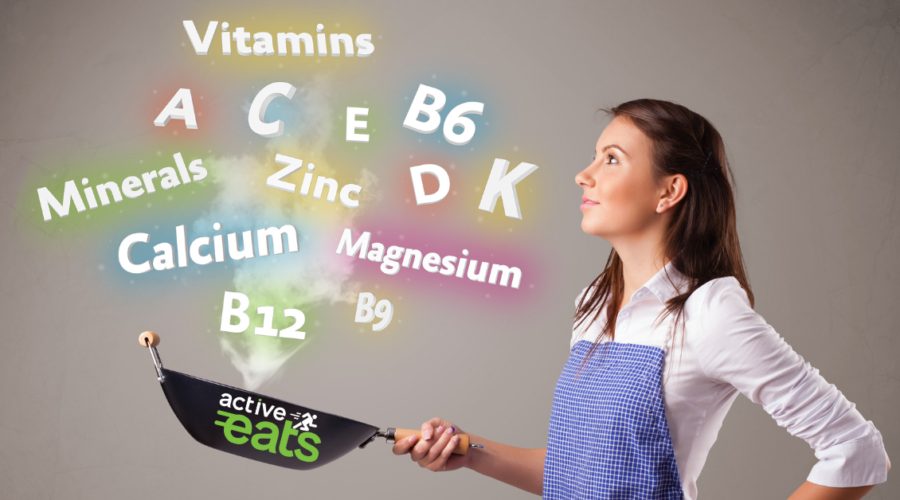Unlocking the Power of Vitamins and Minerals: A Comprehensive Guide to Optimal Health
The importance of vitamins and minerals in our daily diet is too high to neglect. These essential nutrients govern our body’ health and fitness. Without sufficient vitamins and minerals, our bodies may experience deficiencies and compromised immune systems.
It is very important to ensure that our diet includes wide varieties of nutrient-rich foods to provide us with the necessary vitamins and minerals. A balanced diet of all the essential nutrients can help us meet our daily requirements.
The Importance of Vitamins and Minerals in Our Daily Diet
Vitamins and minerals play a very important role in maintaining overall health and wellbeing. Without sufficient vitamins and minerals, our bodies may experience deficiencies and compromised immune systems. We should ensure that our daily diet includes a variety of nutrient-rich foods to provide us with the necessary vitamins and minerals needed by our body.
Understanding Nutrients: Macro Nutrients and Micro Nutrients
Macro nutrients, such as carbohydrates, proteins, and fats are those nutrients which are needed in larger quantities for our body. They are the main sources of fuel for our bodies and play a crucial role in maintaining overall health and fitness. Carbohydrates easily convert into energy for our body to consume. Healthy fats help in regulating hormones of our body along with aiding in brain development and proteins act as building blocks for our muscles.
On the other hand, micro nutrients, such as vitamins and minerals, are needed in smaller quantities but are equally important for various bodily functions. These micronutrients are involved in processes of cell growth, immune function, and metabolism. Vitamins help in improving blood quality, skin, nerve functions and helps in converting food into energy. Minerals helps in digestion, food processing, enzyme production along with regulating bone and heart health.
Both macro and micro nutrients are essential for a healthy diet and should be included in our daily meals. While macro nutrients provide us with energy, micro nutrients support our bodies in performing various vital functions.
A Comprehensive List of Essential Nutrients and Their Daily Requirement
Essential nutrients are vital for our bodies to function optimally. Here is a comprehensive list of essential nutrients and their daily requirements:
- Vitamins
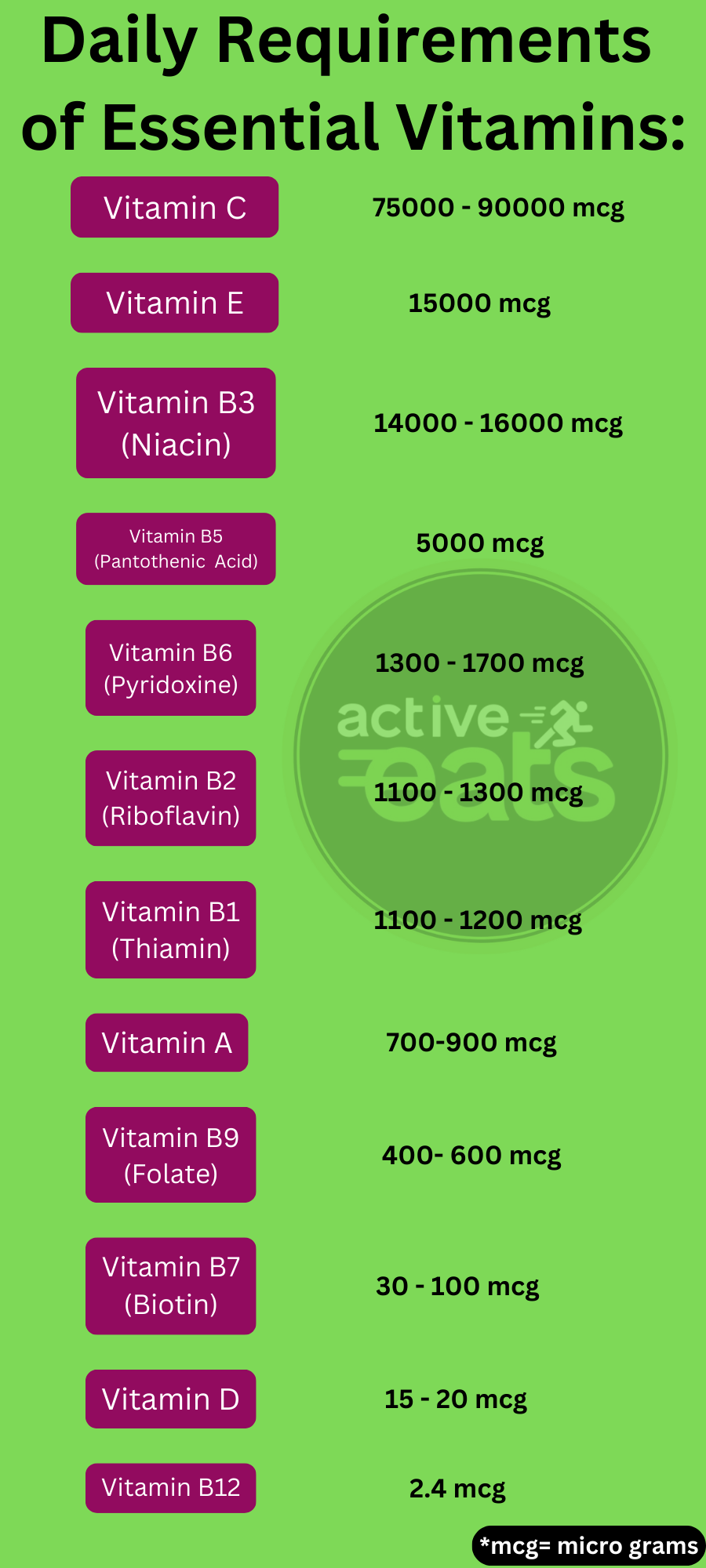
Daily Requirements of Essential Vitamins
2. Minerals

Daily Requirements of Essential Minerals
3. Proteins, Carbohydrates, and Fats

Daily Requirements of Protein, carbohydrates and fats
Remember, these are general daily requirements and may vary based on age, sex, and specific dietary needs.
The Benefits and Functions of Various Nutrients
Vitamins and minerals play a vital role in maintaining our overall health and wellbeing. Here are some of the key benefits and functions of various nutrients:
Vitamins:
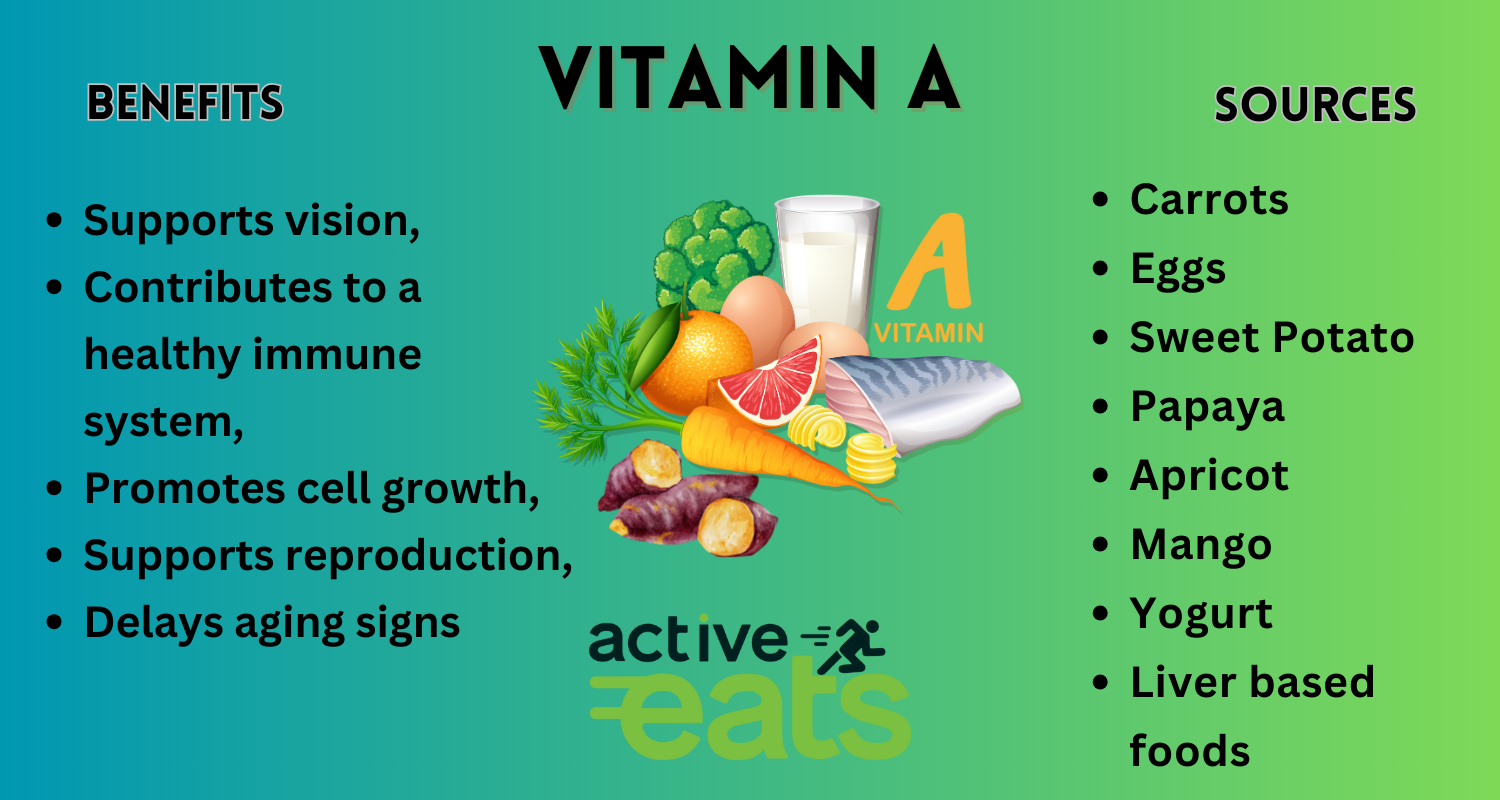
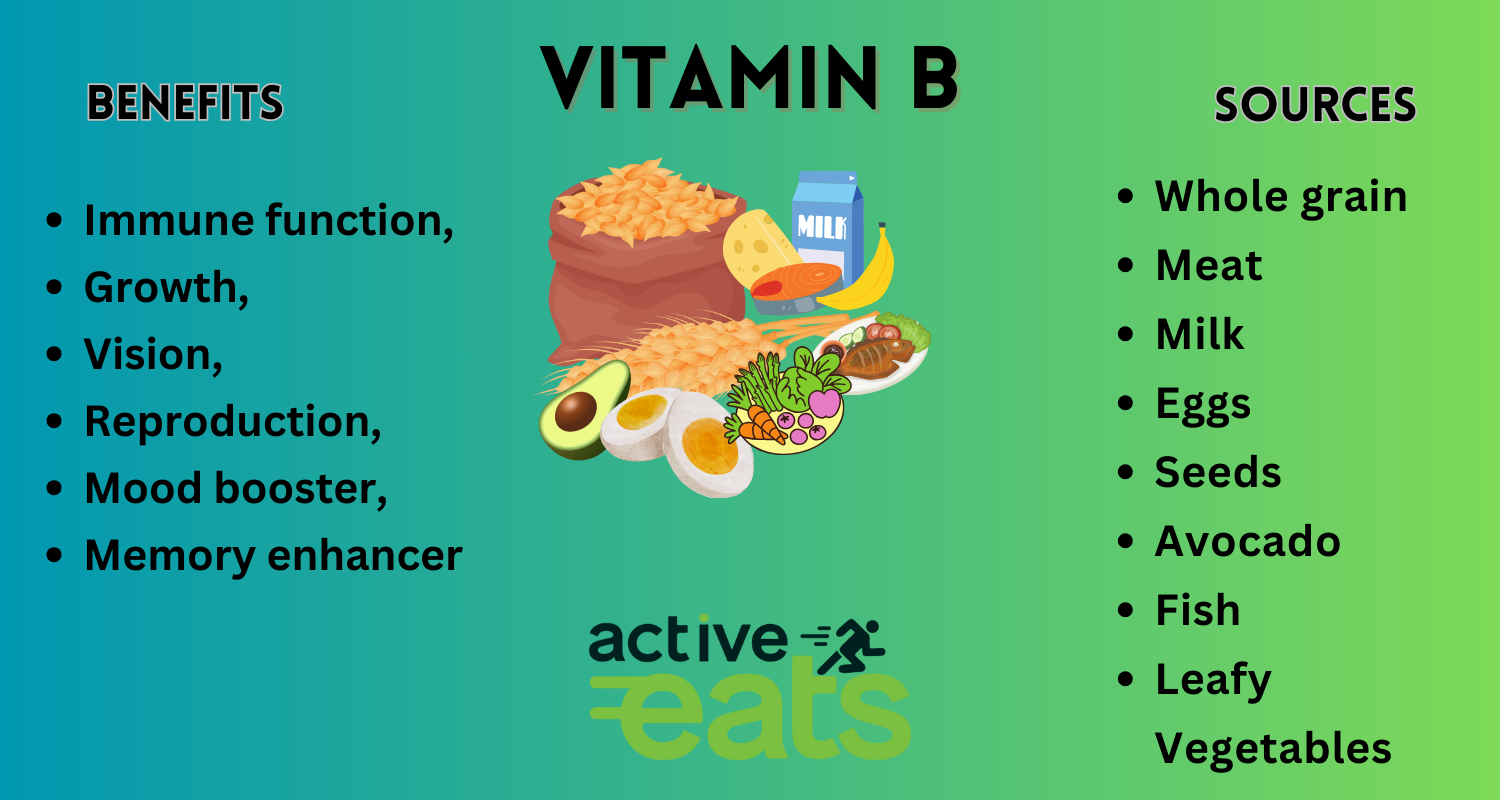
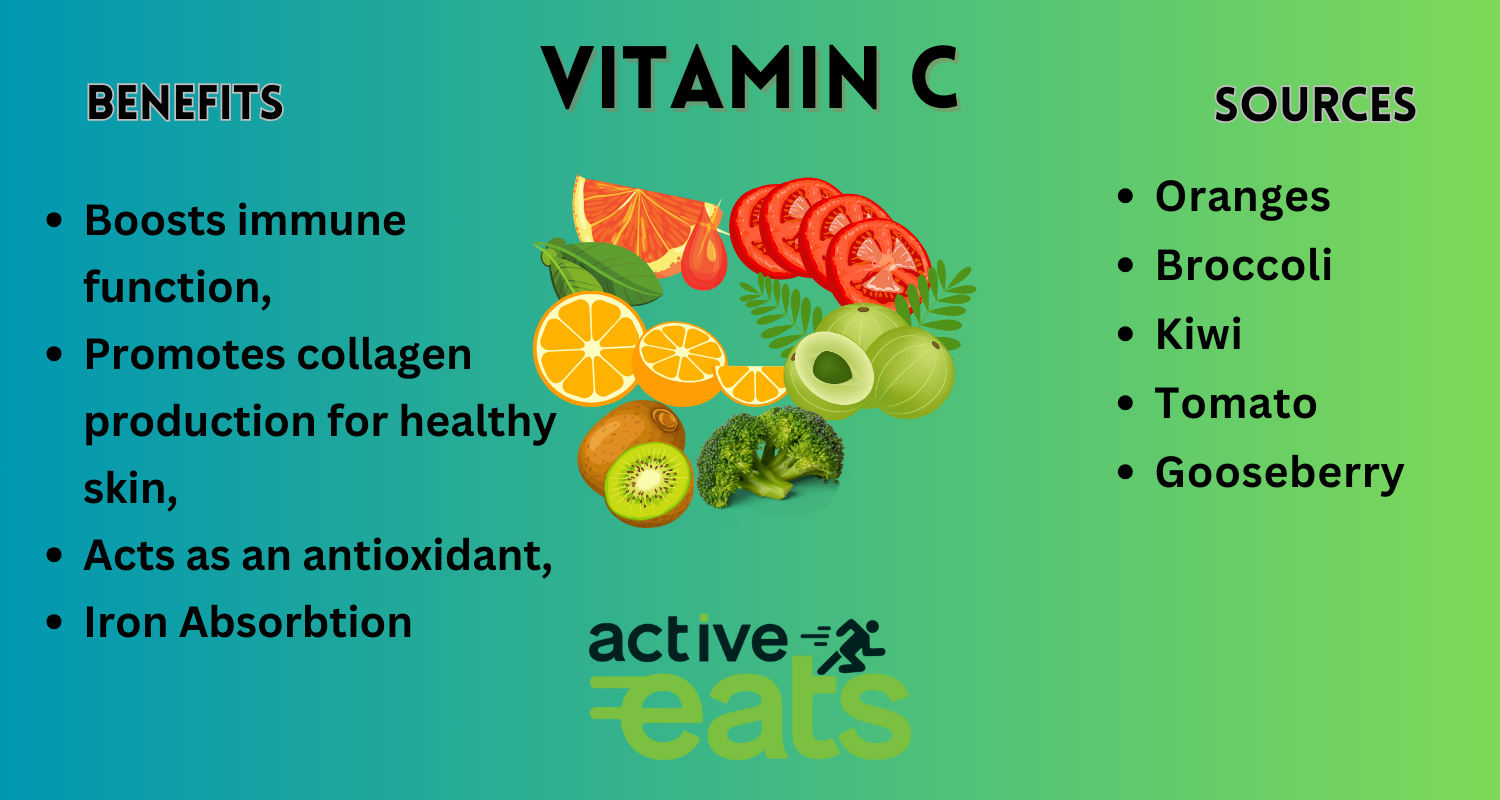
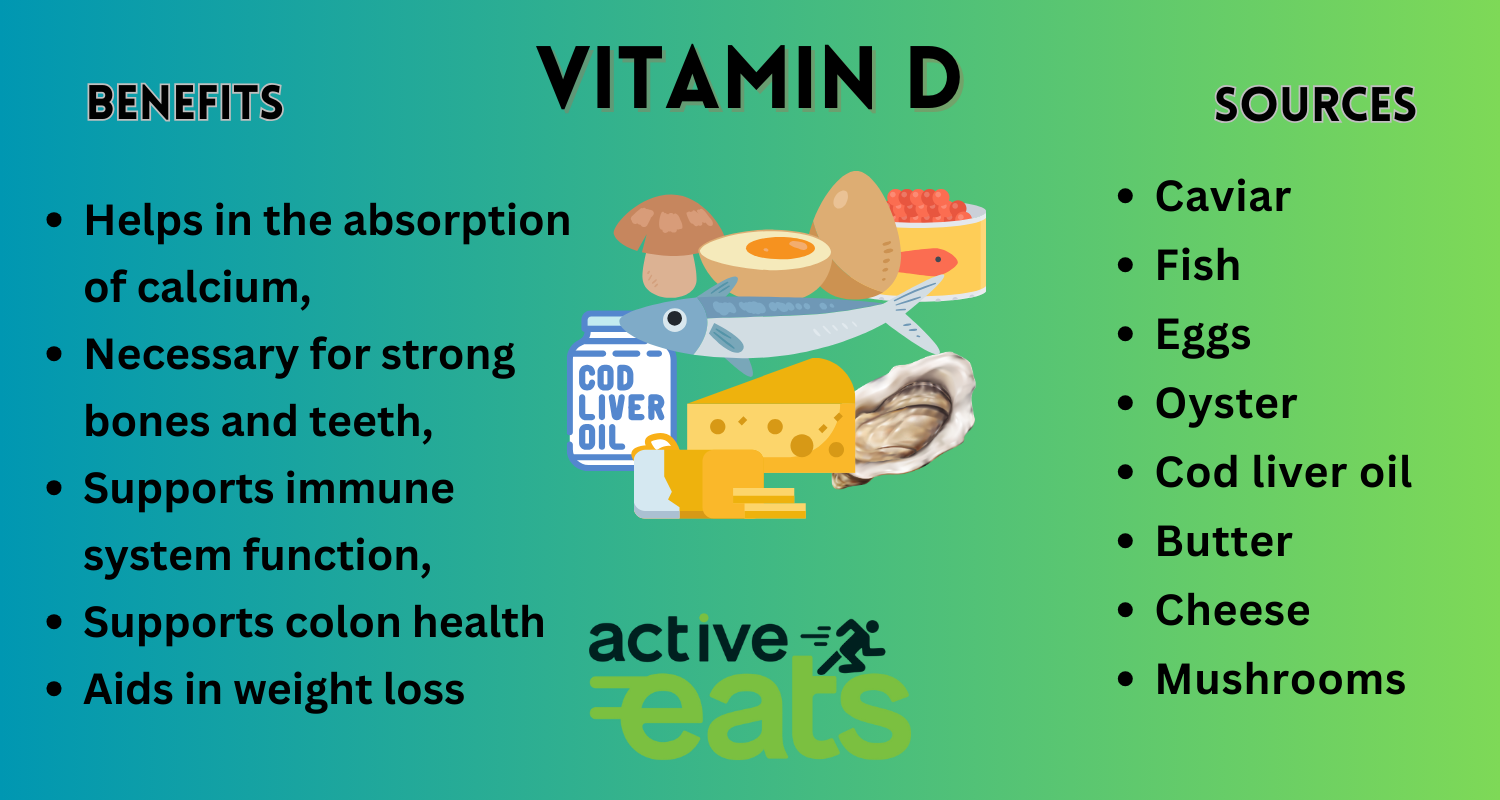
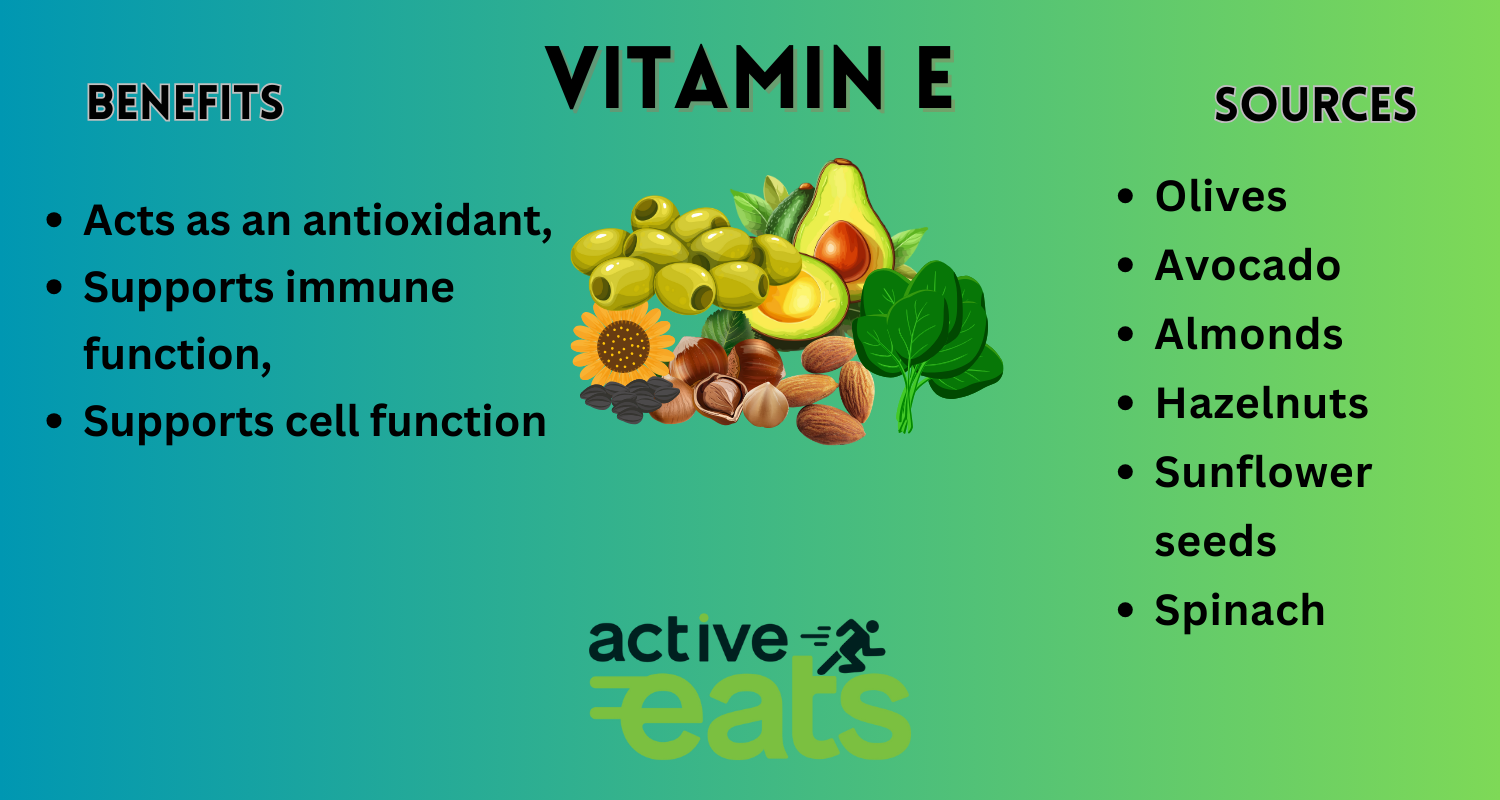
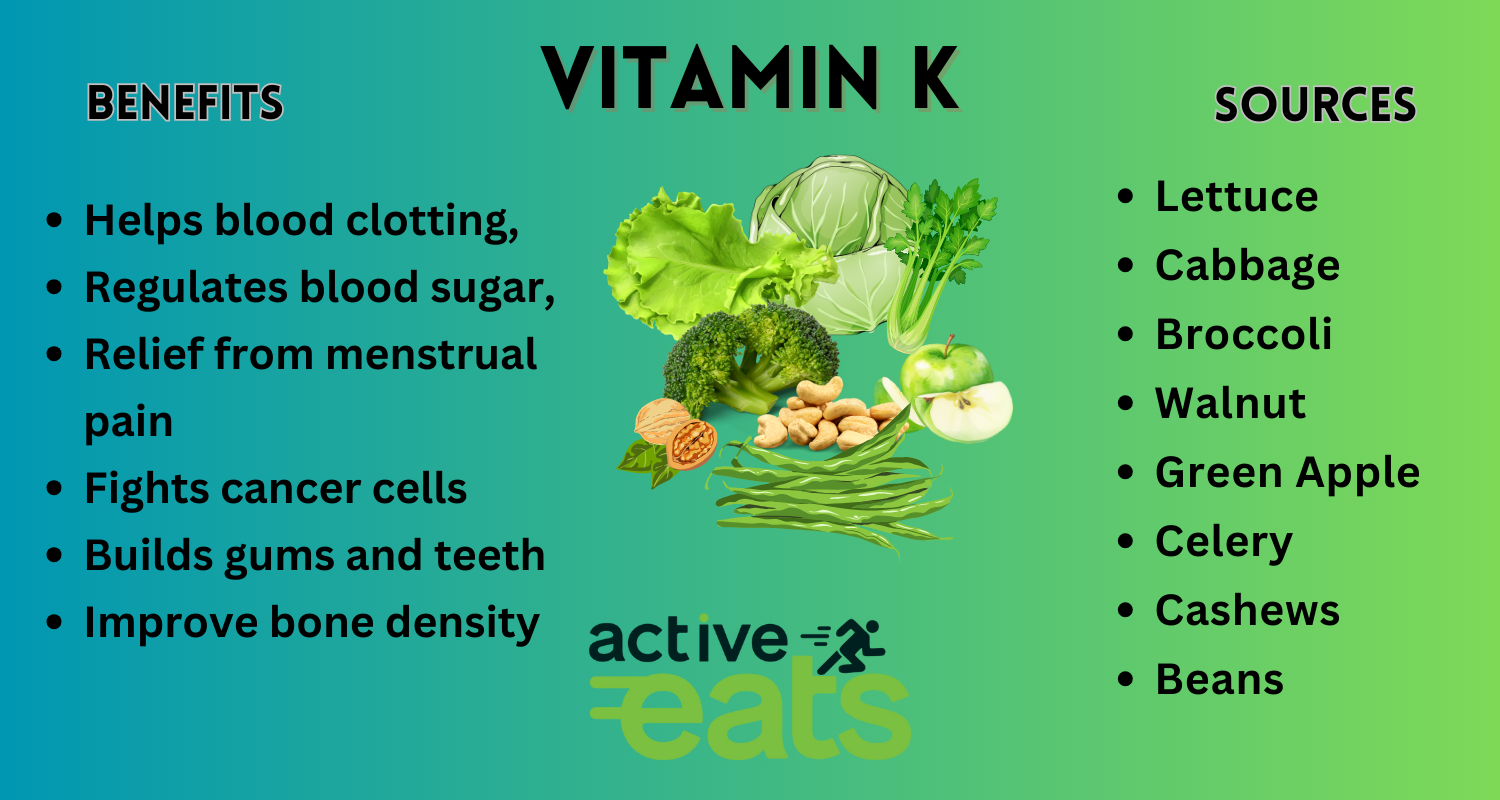
Minerals:
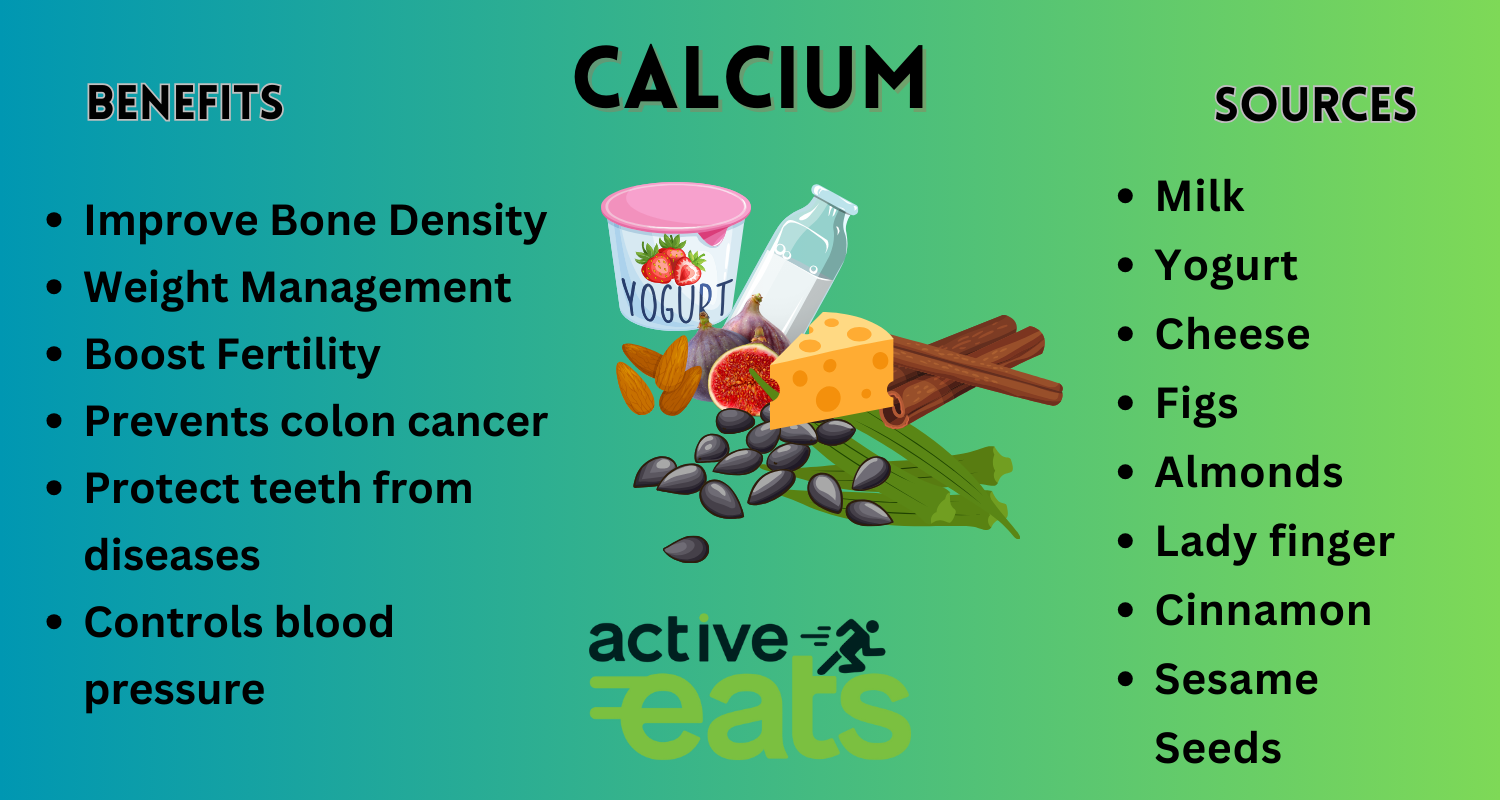
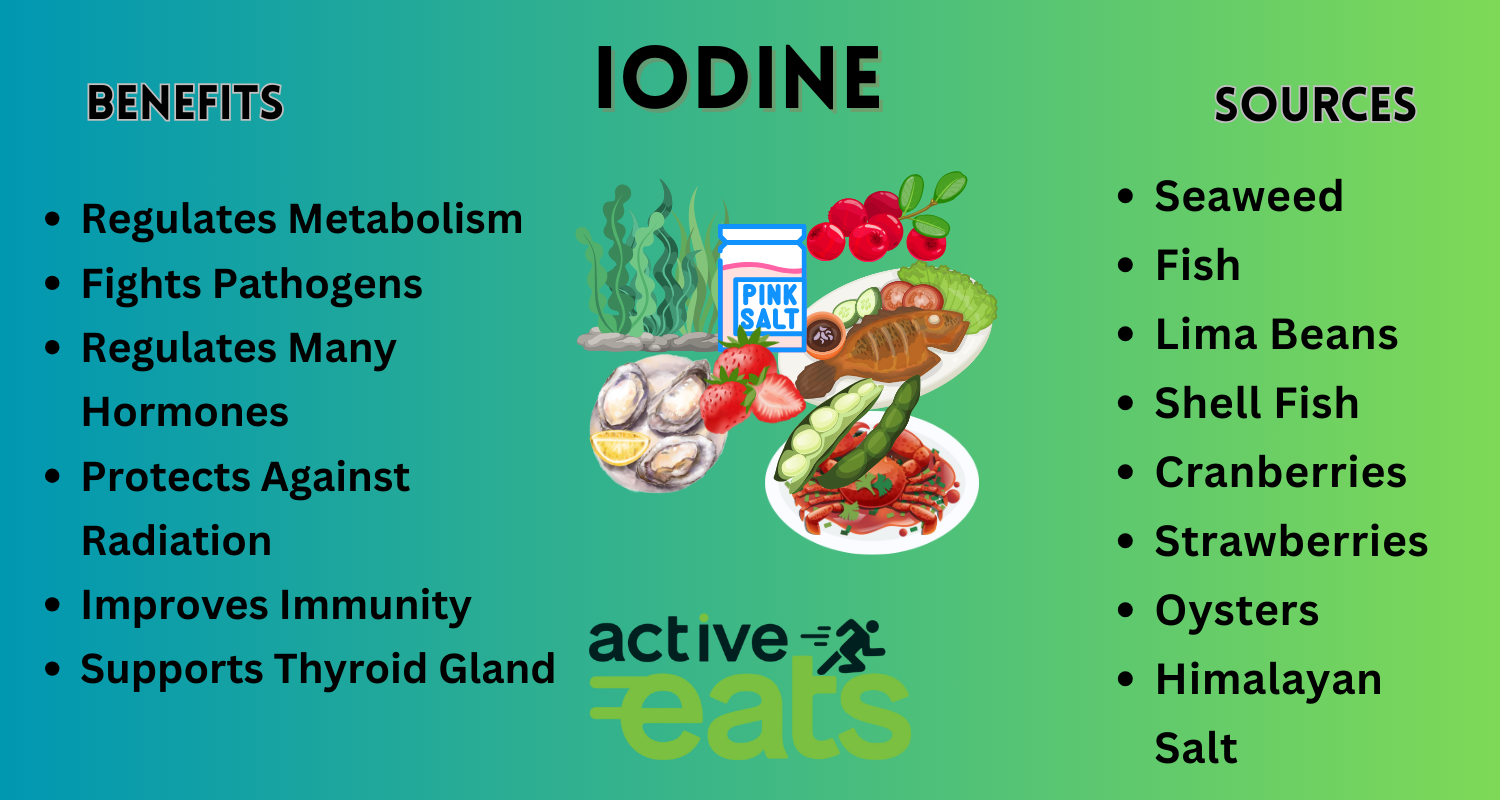
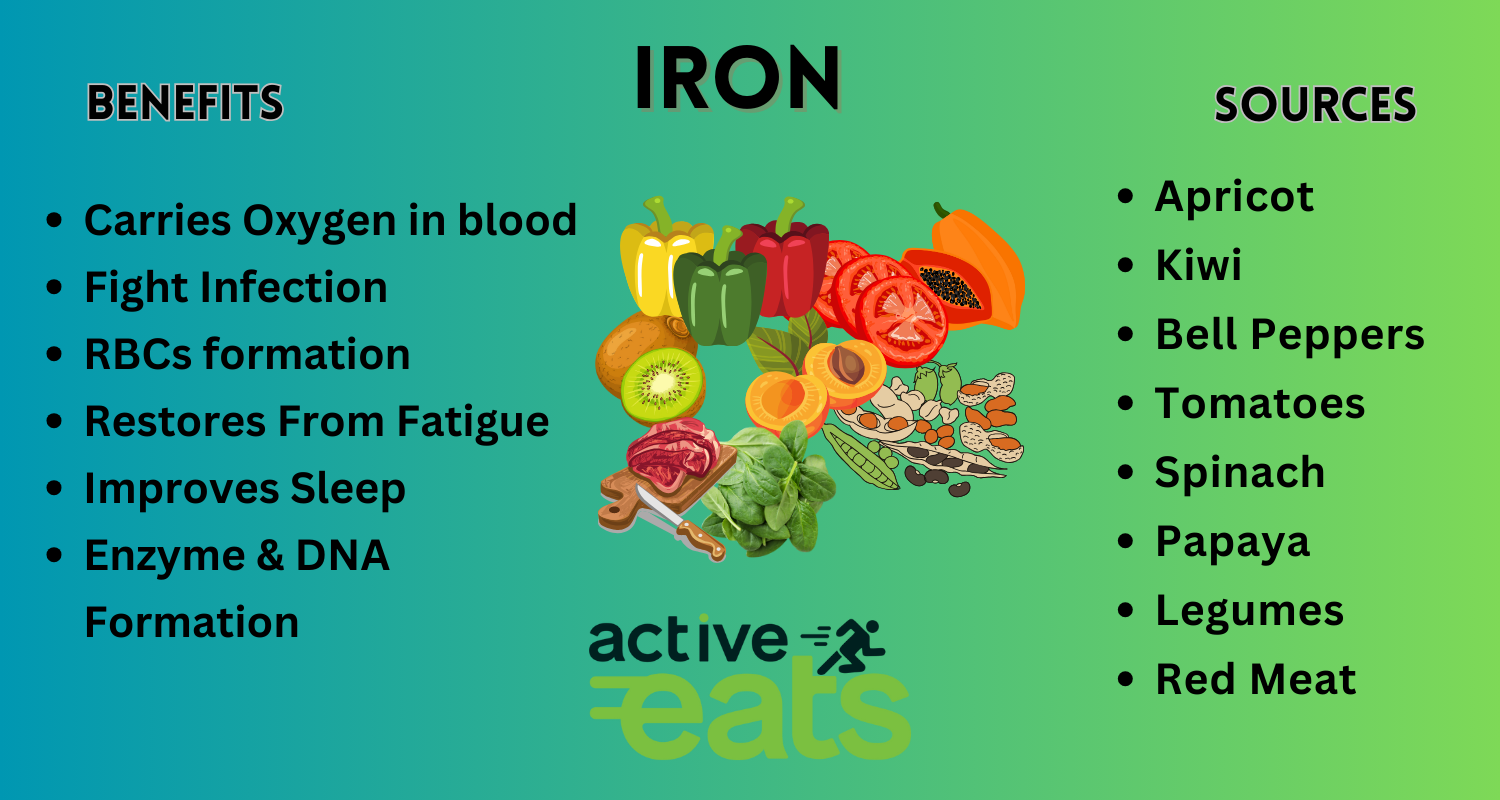
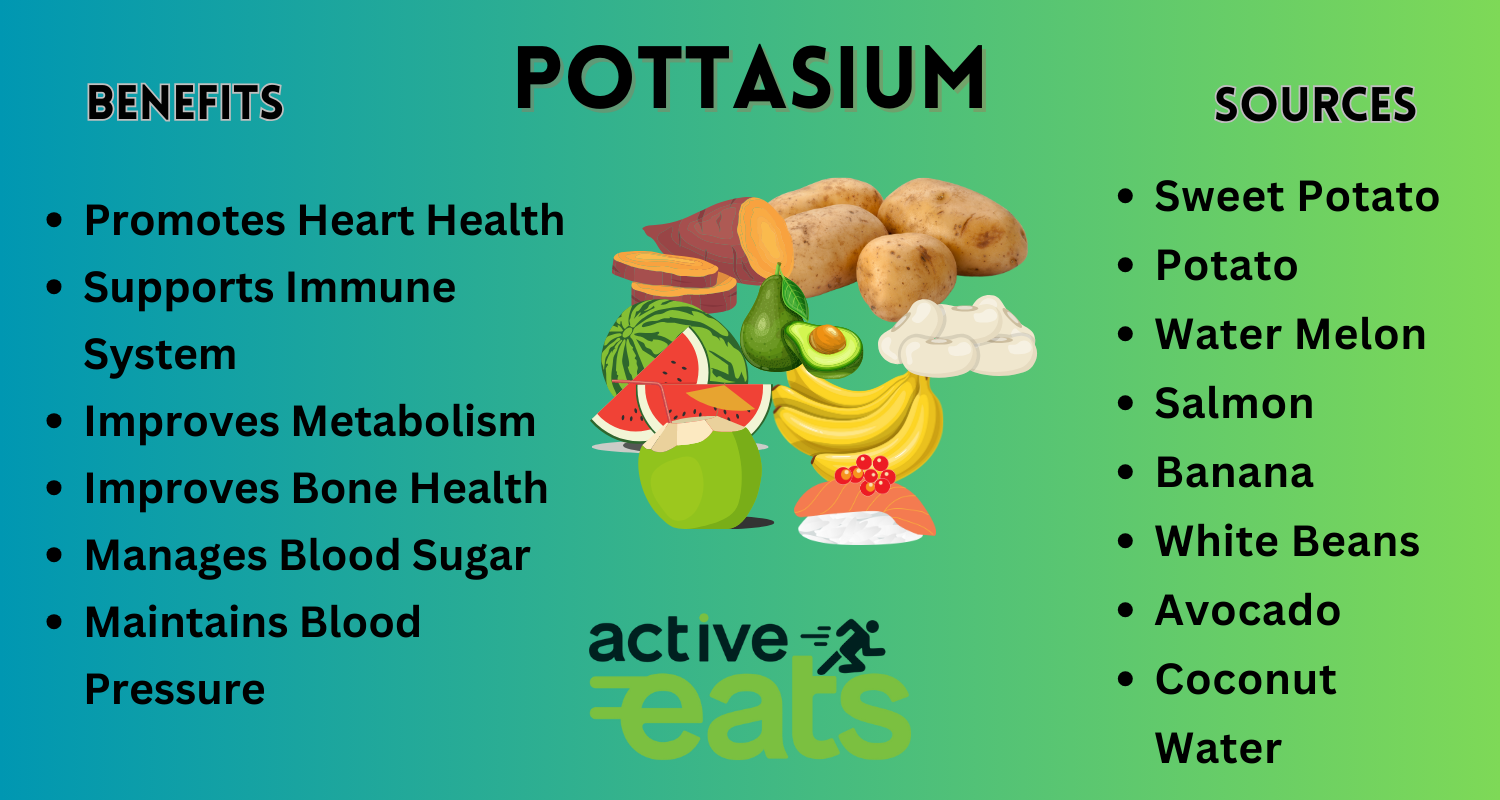
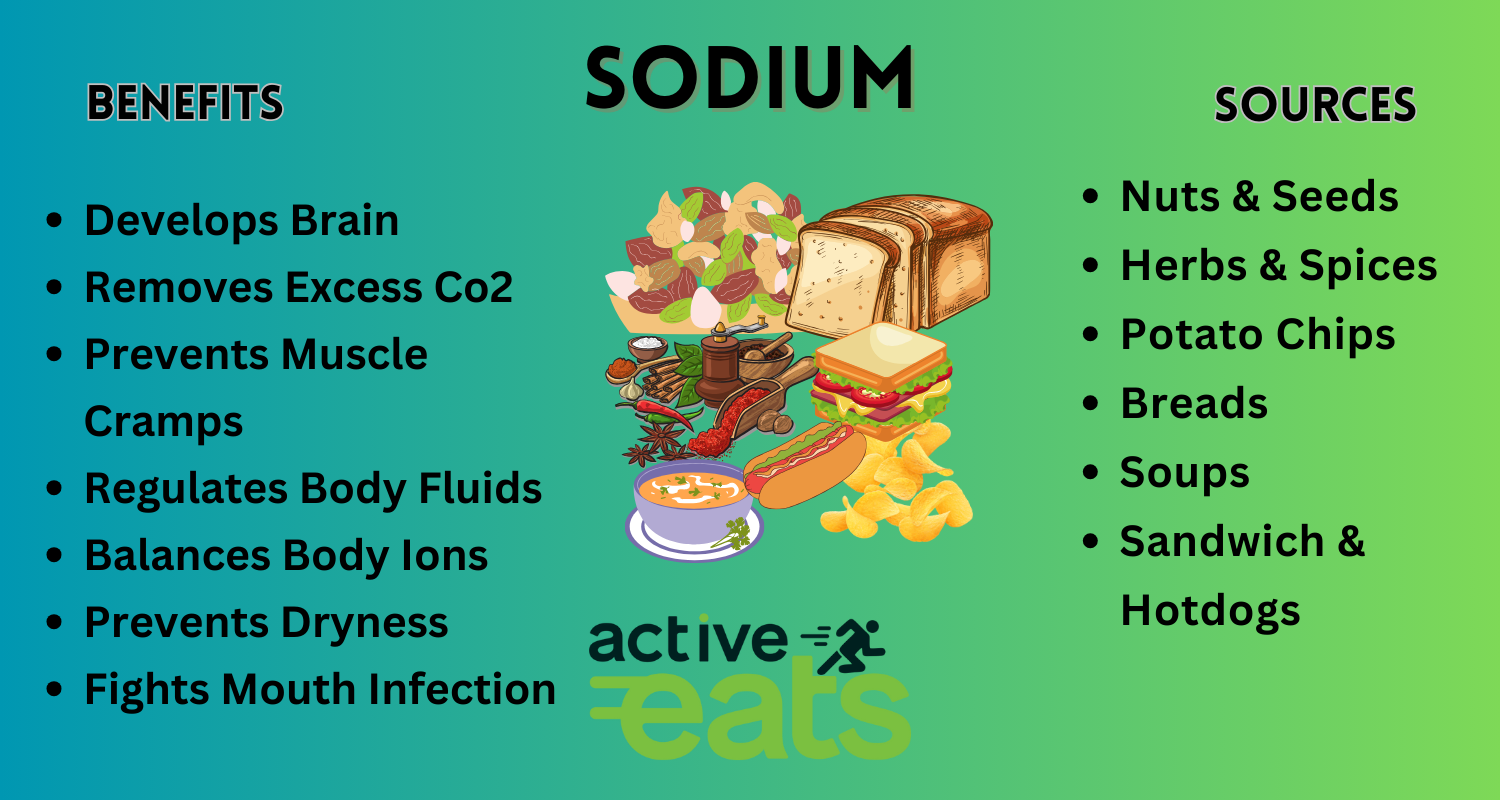
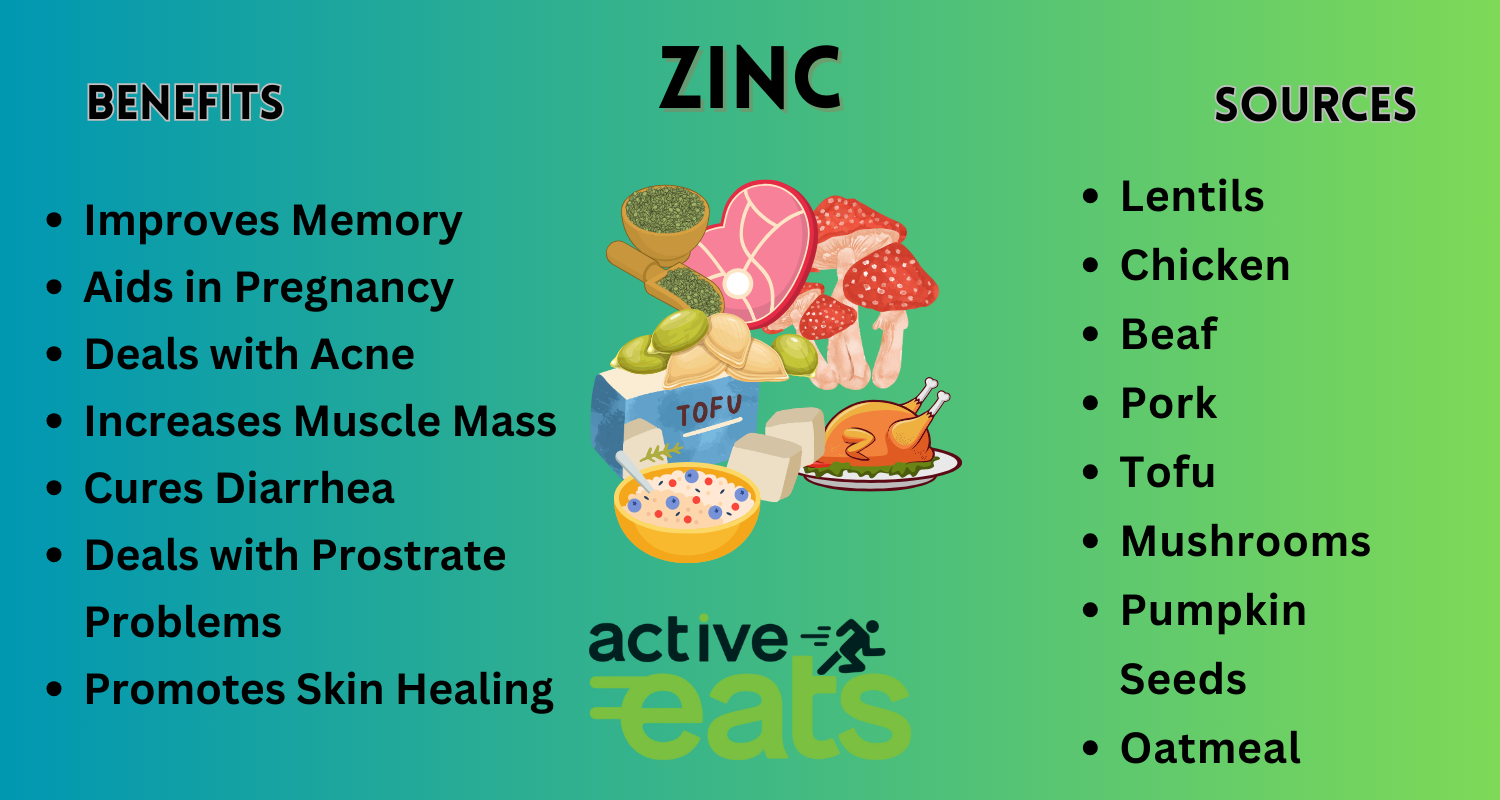
Proteins:
Essential for growth and repair: Proteins are the building blocks of our body tissues, including muscles, organs, and immune cells.
These are just a few examples of the benefits and functions of various nutrients. Including a wide variety of nutrient-rich foods in our daily diet can help ensure that we receive adequate amounts of these essential vitamins, minerals, and proteins.
Discovering Nutrients in Everyday Foods
When it comes to obtaining the necessary vitamins and minerals, incorporating nutrient-rich foods into our daily diet is key. Here are some common foods and the nutrients they contain:
Good and Bad combination of Vitamins and Minerals
Good Combination
- Vitamin C should be combined with Iron and Folic Acid tablets as vitamin C helps with iron absorption.
- Vitamin C and Zinc supports each other anti-oxidant properties and helps I building body’s immune system. Therefore, it is advised to take Vitamin C with Zinc together.
- Vitamin D and calcium support each other in building bone health. Calcium provides the adequate ingredients in body to absorb maximum Vitamin D and helps in strengthening bones.
- Vitamin D taken with Omega-3 rich food aids in higher absorption of both the nutrients. While Vitamin D is fat soluble vitamin and Omega-3 is fatty acid, both helps in promoting heart health, bone density and improving immune system functions of the body.
Bad Combination
- Vitamin C should not be taken with Vitamin B12 as it breaks down molecules of Vitamin B12 into smaller compounds reducing its absorption. It is advised to wait for few hours between consuming these two.
- When one starts taking copper supplement, it also decreases the body ability to absorb zinc as body get used to getting minerals from external diet. Hence, mineral supplements like copper and zinc should be taken together to avoid the deficiency of zinc while taking copper supplements.
- Large doses of fat-soluble vitamins like Vitamin D, E and K are taken together then they compete with each other for absorption. Hence, decreasing the overall absorption rate by body. Therefore, it is advised to not take these vitamins together.
- Green tea extract when taken with iron supplements combines together to form different compound. This reduces the iron absorption and antioxidant properties of green tea. Therefore, it is advised that green tea and iron rich foods should not be consumed together.
Conclusion
In conclusion, vitamins and minerals are essential for maintaining overall health and wellbeing. They play a crucial role in various bodily functions and without sufficient intake, our bodies may experience deficiencies and compromised immune systems. A balanced diet that includes a variety of nutrient-rich foods can help ensure we are getting the necessary vitamins and minerals. By understanding the daily requirement of essential nutrients, we can plan a well-balanced diet that meets our body’s needs. Remember, fruits, vegetables, meat, dairy products, and whole grains are excellent sources of vitamins, minerals, proteins, carbohydrates, and fats. So, it’s important to incorporate them into our daily meals to provide our bodies with the necessary nutrients for optimal health.

